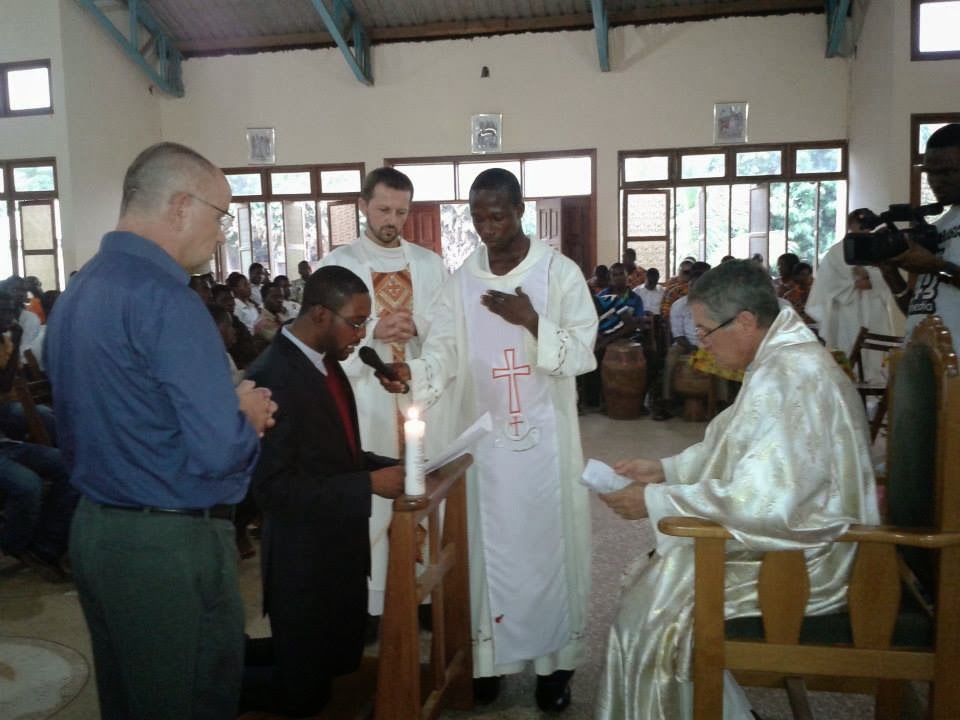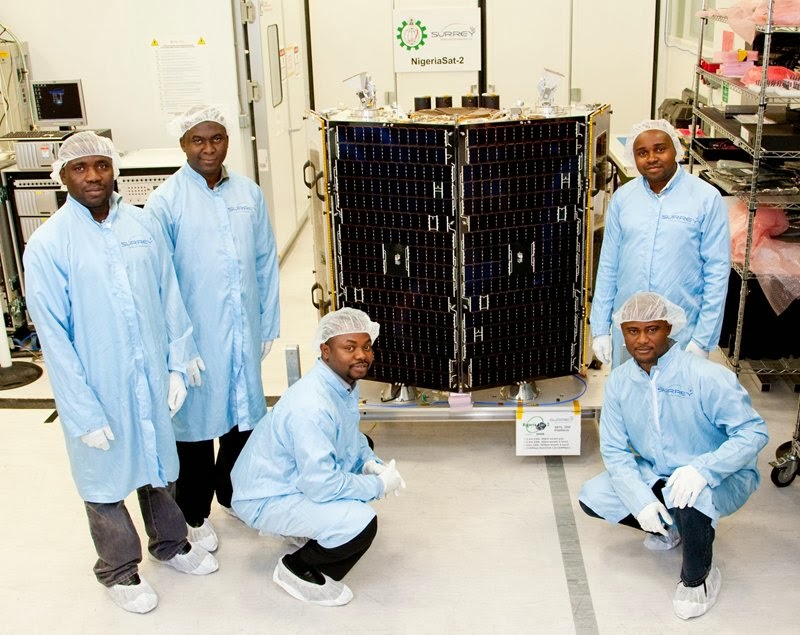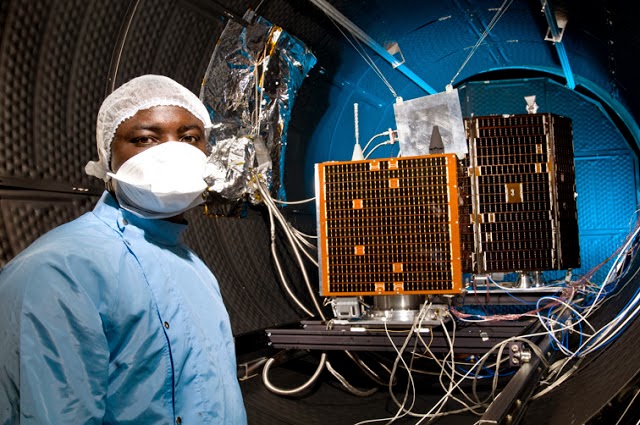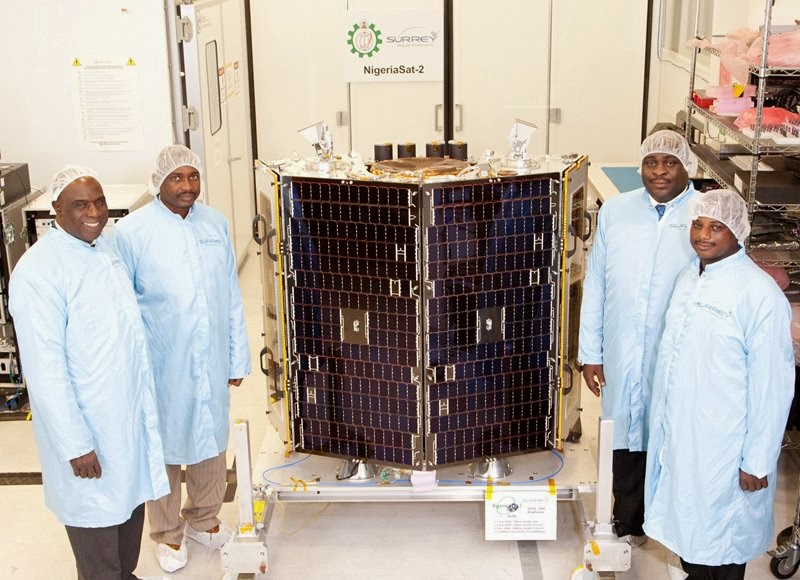The winners of the SAGE world cup 2013 were invited to make a presentation at the presidential lunch of Industrial Revolution Plan today
Nigeria has won the Students for Advancement of Global Entrepreneurship (SAGE) World Cup 2013 competition, the News Agency of Nigeria reports.
It was organised by SAGE Global on Sunday Night in Abuja in collaboration with Small and Medium Enterprises Development Agency of Nigeria (SMEDAN) and other Federal Government agencies.
Nigeria was represented by Junior Secondary School (JSS), Jikwoyi, Abuja, and University of Calabar International School (UCIS), Calabar.
JSS took the lead in the Social Enterprises Business (SEB) category, while China emerged second and South Africa came third.
UCIS came second in the Social Responsibility Business (SRB) Category.
Prof. Curtis DeBerg, Global Coordinator of SAGE, who announced the result involving 11 countries, said Nigeria was leading in the integration of entrepreneurship in school curriculum.
Deberg said entrepreneurship was not well taught in any country but that Nigeria had taken the lead in integrating it.
Other countries that participated in the event included: USA, South Korea, Uganda, Kenya, Rwanda, Russia and Singapore. Nigeria had won the SAGE World cup seven times by beating USA, Russia, China, Singapore, Canada South Africa, Great Britain and Ghana, among others.
Agwu Amogu, Africa Coordinator of SAGE, said it was established as part of efforts to galvanise the enormous creative energies and resources in the world to eradicate poverty.
According to him, it will teach beneficiaries entrepreneurship and financial literacy skills needed to be successful.
The Director-General of SMEDAN, Bature Masari, commended the two Nigerian schools for the victory and for retaining the cup.
Mr. Masari said the government was working round the clock to give youth empowerment a pride of place in the scheme of things.
“Right now, there is a new thinking in government to ensure that entrepreneurship development is given the needed support.
“That is why SMEDAN, which is the agency saddled with the responsibility of leading the fight for the development of SMEs in the country, is being repositioned, funded and empowered.
“This is to ensure that we continue to provide leadership and direction for SMEs and entrepreneurship development all over the country.’’
Mr. Masari said the hosting of the competition was an indication that the government “is ready to develop our youth and nation economically, socially and politically.’’
The competition, second to be hosted by Nigeria, and 11th in the series, is aimed at advancing youth entrepreneurship and community service.
It emphasises ethical business practices, social responsibility, civic engagement and environmental awareness.
Teenage entrepreneurs from around the world showcase their innovative business and community service projects to a panel of judges.
The competition has two major categories – Socially-Responsible Business (SRB) and Social Enterprise Business (SEB).
This story was on the News Agency of Nigeria platform last year .. if you want to know what SAGE is about you can visit their link here http://www.sageglobal.org
(NAN) and free online pix



































